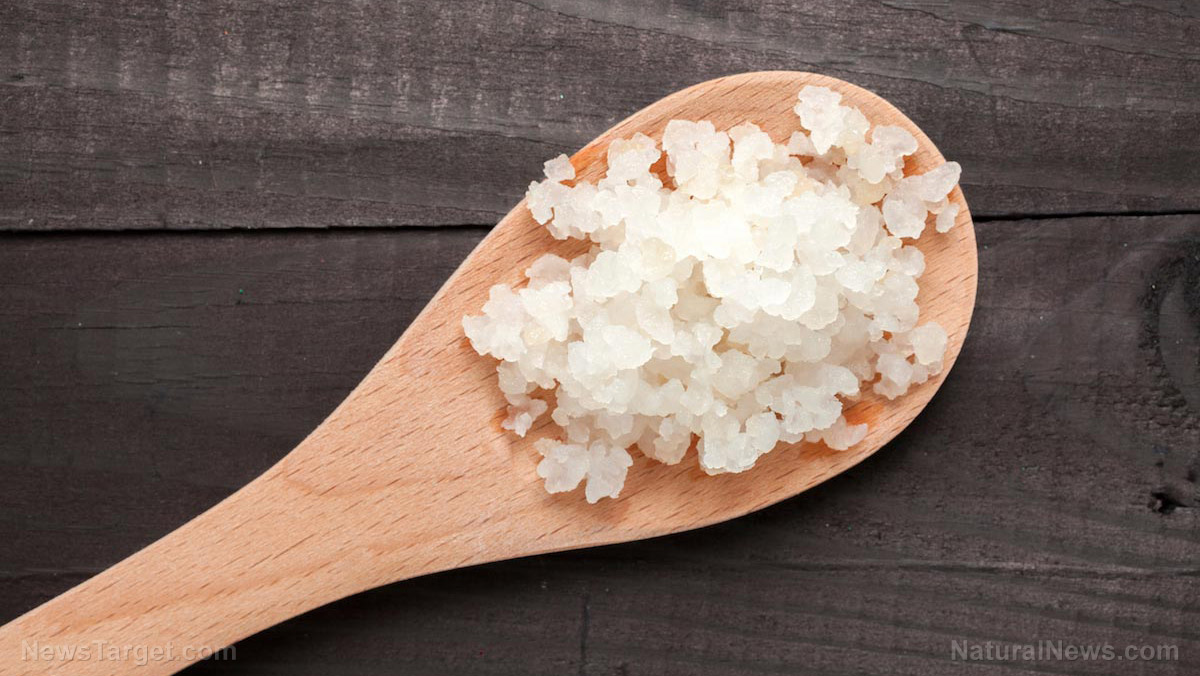
Advertisement
The practice of fermenting drinks — adding microbes to convert carbohydrates into alcohol and organic acids — has been around for centuries. Brewers, in particular, ferment products like beer and wine to up their alcohol content. But some drinks, like kombucha and kefir, are fermented more to increase their probiotic content.
Probiotics are live bacteria or yeasts that are added to foods, such as vegetables or milk, to initiate fermentation. These microbes can also be found in the human gut, where they keep microbial pathogens in check, help with digestion and nutrient absorption and support immune function. Today, people consume fermented food products like yogurt, sauerkraut, kefir milk and beet kvass, or simply take probiotic supplements to boost their digestive health.
But a recent study has discovered that drinking kefir does more than just improve digestive function. According to researchers from Auburn University in Alabama and the University of Vila Velha in Brazil, kefir also has a positive effect on blood pressure. This is because the drink promotes communication between the brain and the gut, which is crucial for preventing hypertension. The researchers presented their findings at Experimental Biology 2018, the American Physiological Society’s (APS) annual meeting, which was held in San Diego.
The gut-brain connection and how kefir benefits both
Kefir is a type of fermented milk that tastes quite like yogurt but with a thinner consistency and a slight fizz. It has been gaining traction among health buffs recently because of its ability to balance the composition of good and bad bacteria in the gut. An imbalance between the two is said to weaken the immune system and trigger a variety of health problems, including hypertension.
According to previous studies, probiotic foods and supplements can not only address digestive issues, but they also help lower blood pressure. However, how these functional foods achieve this is poorly understood. So the Auburn researchers, together with collaborators from Brazil, decided to find out how kefir affects blood pressure by studying hypertensive rats.
After nine weeks of supplementation, the researchers found that kefir reduced endotoxin levels in the rats and lowered their blood pressure. Kefir also improved intestinal permeability, which gave the animals healthier intestines and a decreased likelihood of developing gastrointestinal conditions.
But the most important discovery the researchers made was the ability to kefir to restore the natural balance of four different bacteria in the gut, as well as the levels of a brain enzyme that’s vital for normal nervous system function. The restoration of both to a normal state correlated with improved blood pressure.
These findings suggest that the brain and the gut work together to reduce hypertension, and the communication between these two systems, which can be enhanced by kefir, is important for maintaining a healthy blood pressure.
Kefir: Nutritional and health benefits
A traditional drink that originated in the mountainous region that separates Asia from Europe, kefir is a beverage made by fermenting cow’s milk. But unlike yogurt, kefir makes use of kefir grains, which are small gelatinous beads that contain a variety of bacteria and yeasts. These grains are soaked in milk and left to ferment at room temperature for at least 24 hours. The taste of the final product depends on how long the milk is left to ferment.
After fermentation, the resulting milk is strained to separate the grains from the final product. The strained kefir, which is rich in calcium and probiotics, can be consumed immediately or stored in the fridge, while the kefir grains can be recycled and used to ferment another batch of milk. Today, kefir is also made from other types of milk, such as goat’s milk or sheep’s milk. Non-dairy milk alternatives like rice and soy milk, as well as plain water can also be used to make kefir.
For every one-cup serving of kefir milk made with low-fat cow’s milk and no added sugar, you can get: (h/t to EverydayHealth.com)
- 110 calories
- 11 g protein, or 22 percent of the daily value (DV)
- 2 g fat, or 3 percent of the DV
- 12 g carbohydrates, or 4 percent of the DV
- 12 g natural sugar
- 390 mg calcium, or 30 percent of the DV
- 90 mcg vitamin A, or 10 percent of the DV
Here are some of the remarkable benefits you can get from drinking kefir:
- Improved digestion
- Better bone health
- Healthier weight
- Reduced inflammation
- Protection from bad bacteria
- Lower cholesterol
- Tumor prevention
- Faster wound healing
- Improved blood sugar control
- Relief from allergies and digestive distress
Kefir milk or water is a great probiotic drink to add to your diet due to the substantial benefits it provides. However, people who aren’t used to probiotics or fermented foods are advised to start with small amounts to prevent digestive symptoms, such as bloating, constipation or diarrhea. If you are on a non-dairy diet, you can opt for kefir water.
While you can make kefir at home, be aware that consuming incorrectly made kefir can make you ill. A safer way to enjoy its benefits is to purchase kefir from your local health food store. But be sure to check the probiotic content of the product before purchasing and make sure it doesn’t contain any unwanted additives. If you are immunocompromised or have an intolerance for histamine, consult with a natural health practitioner before consuming kefir.
Sources:
Advertisements







